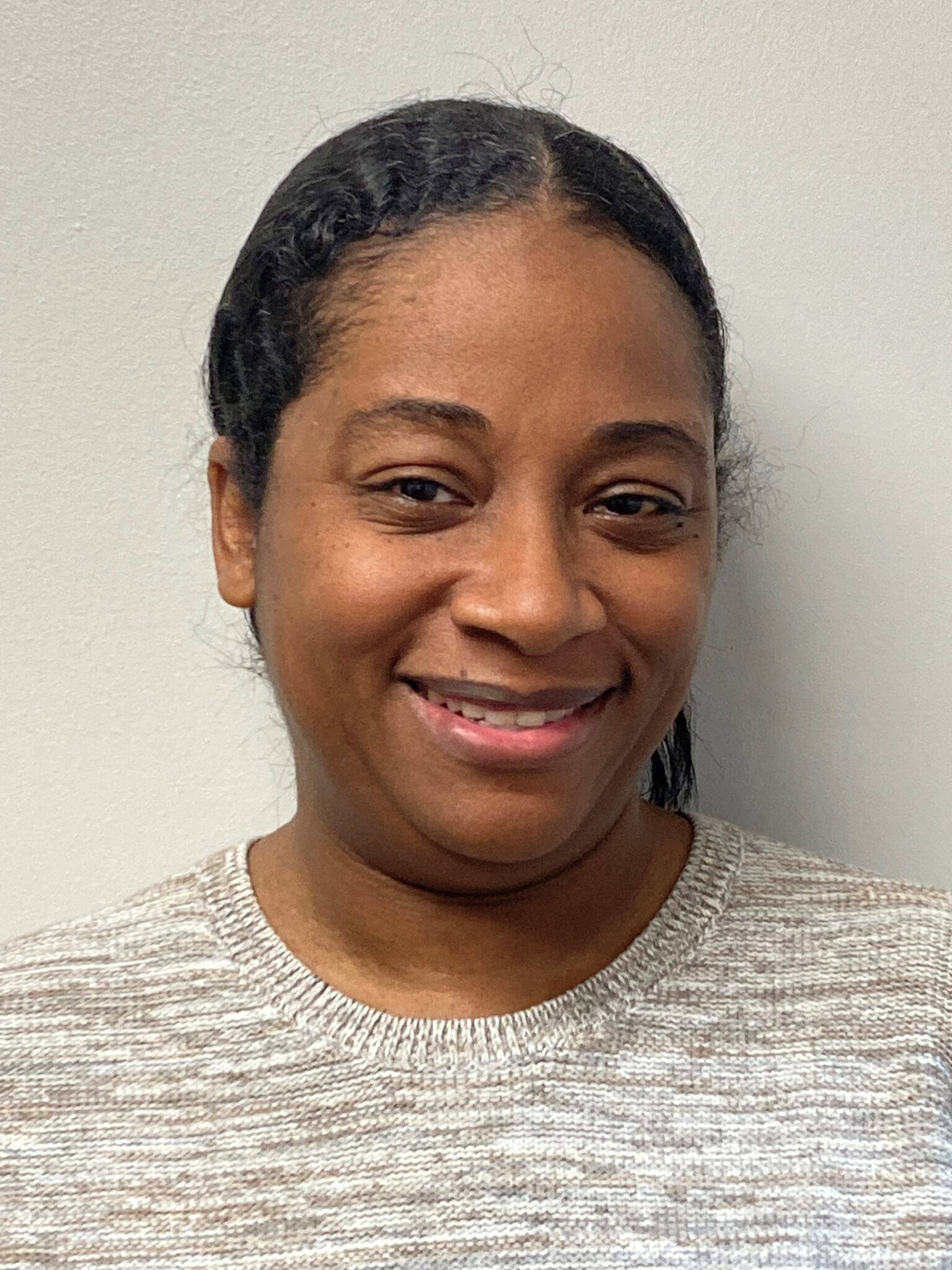Dr. Toi Curry

Dr. Toi Curry is a Clinical Assistant Professor of Clinical Psychology in the College of Health Professions. She received her PsyD and MA in Clinical Psychology from Widener University. She obtained her BA in Psychology from Marist College. Dr. Curry completed her pre-doctoral internship through Widener University, including working in clinical and forensic neuropsychological settings. She completed a 2-year post-doctoral pediatric neuropsychology fellowship through the Center for Attention and Learning Disorders (CALD) at Lenox Hill Hospital in New York City. Dr. Curry is a licensed clinical psychologist and neuropsychologist in Georgia, New York, and through PsyPact.
Dr. Curry has vast experience in independent clinical work and school-based service delivery in private/independent and public school settings. She has provided assessment and direct service delivery within the academic setting at the early childhood/preschool, K-12, and University levels. She also has maintained a private practice where she has offered psychological, neuropsychological, and psychoeducational evaluations across the lifespan, parent and school-based consultation, and therapeutic service delivery. Areas of clinical expertise include learning differences/disorders, ADHD, Autism Spectrum Disorders, TBI, neuropsychological assessment, executive functioning, and cognitive development throughout the lifespan. She also has particular clinical interest in interdisciplinary treatment and intervention for pediatric and adolescent learning and mental health conditions, use of virtual reality in treatment and assessment of cognitive impairments, cognitive remediation/rehabilitation, and anxiety and related disorders.
Dr. Curry’s research interests include brain development through the lifespan, the effects of alcohol and substance exposure on fetal cognitive development, the impact of socio-economic status on service delivery and access in school and community settings, universal design in the schools, and learning profiles and interventions with respect to dyslexia, dyscalculia, and disorders of written expression. She is an active member of the American Psychological Association, the Society for Clinical Neuropsychology (Division 40), School Psychology (Division 16), Applied Experimental and Engineering Psychology (Division 21), and Developmental Psychology (Division 7).